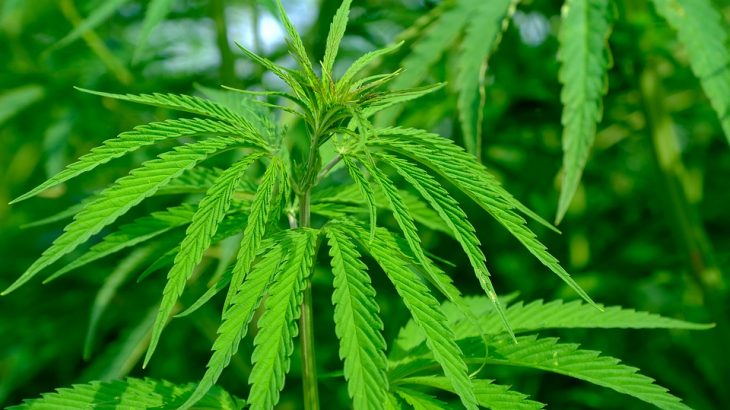If you are a Cannabidiol (CBD) enthusiast, you might have come across some products that are labeled as either full-spectrum, broad-spectrum, or CBD isolate. Even though the names may sound similar, the three things are unlike.
Basically, the three terms above are mainly used to determine which type of CBD is used in a certain product. Obviously, each type comes with important aspects that have to be taken into consideration, as understanding the disparity between them is important for everyone who uses CBD.
Therefore, without any further ado, let’s explain the differences between full-spectrum, broad-spectrum, and CBD isolate.
Full Spectrum CBD
Full-spectrum CBD products, also known as the whole plant, contain everything in the cannabis plant. They contain CBD, as well as natural fatty acids that are found in hemp, flavonoids, terpenes, and some other cannabinoids such as CBN, CBG – including trace amounts of THC.
Given the therapeutic value of these naturally occurring elements, the full spectrum products are the most popular. This also results from one of their features, called the entourage effect – meaning that the terpenes and cannabinoids are working in perfect synergy.
Broad Spectrum CBD
Broad Spectrum CBD oil products contain a variety of terpenes and cannabinoids, but no THC. Basically, broad-spectrum products are full-spectrum without the THC.
When creating broad-spectrum CBD, manufacturers conduct additional processing to isolate and remove as much THC as possible – but while also preserving the other natural terpenes and cannabinoids.
Broad-spectrum CBD products are fit for those that cannot have traces of THC in their system – either for legal, personal, or medical issues.
CBD Isolate
As the name implies, isolates are simply CBD that is isolated from all the other cannabinoids. This aspect makes CBD Isolate products perfect for those that are sensitive to the other cannabinoids, such as THC.
When making CBD isolate, a certain extraction process removes everything contained by the plant matter – any traces of THC, terpenes, oil, waxes, chlorophyll, and many others.
CBD isolate products usually come with different purity options. For example, products with 99.9+% purity levels will have no identifiable amount of THC in them, while those with levels lower than 99.5% may have trace amounts that will only show up in a laboratory test.
The purity does not usually matter, as the amount of THC is negligible. However, the highest purity is sought by those wanting the purest CBD isolate they can get their hands on.
The Bottom Line
Naturally, each of the above comes with their own advantages and disadvantages – and it’s up to you to find the one that’s right for you and. However, before ordering a product that may contain THC, make sure that your state doesn’t have laws related to this substance. Even though the research related to the effectiveness of each of the aforementioned spectrum types is still in its early stages, the products’ health benefits cannot be overlooked – as cannabinoids continue to impact the lives of more people.








